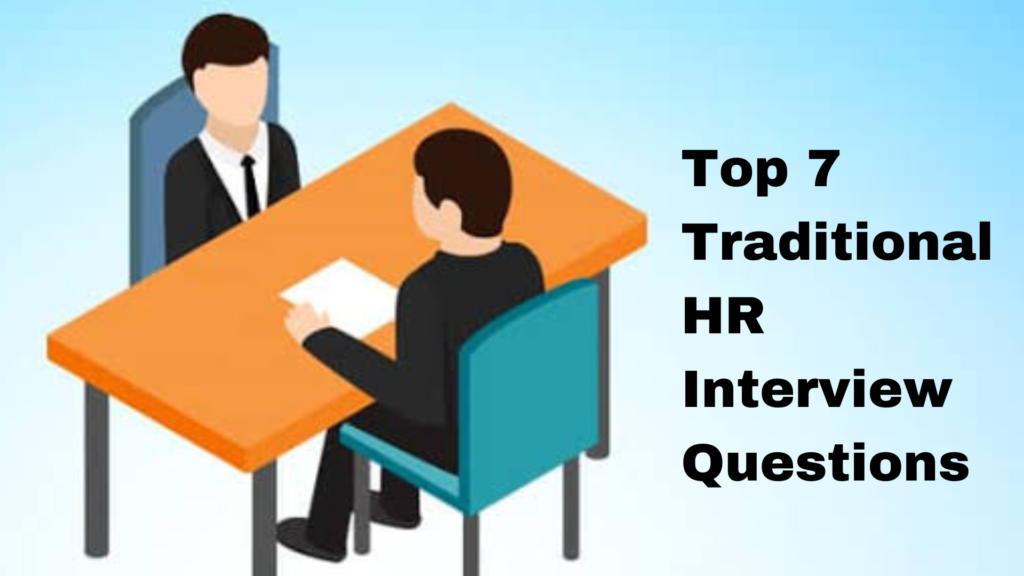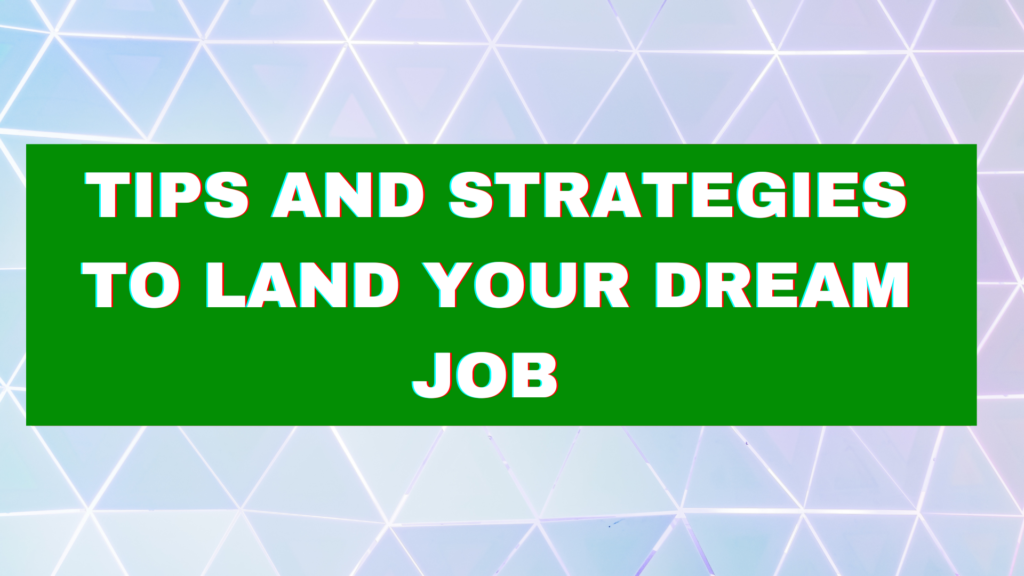To employ qualified people, each organisation performs many rounds of interviews to assess the candidate’s technical and behavioural abilities. HR interviews are conducted to assess an applicant’s personality, strengths, and limitations in handling the role, and to determine whether the individual is qualified for the position. Interviews are sometimes undertaken to determine how well a candidate would fit into the company’s work culture. These rounds are often completed towards the conclusion of the recruiting process, following the technical skills test.
HR interview rounds may make or ruin your chance of joining your dream firm. As a result, it is important to keep certain pointers in mind in order to ace this interview.
- Do not deceive! Be true to yourself. Bluffing should be avoided at all costs during the HR interview.
- Answer directly to the point, and be honest and sincere in your response.
- Dress comfortably but formally. Keep your accessories to a minimum.
- Arrive at the place on time. If the interview is planned online, log in at least 10-15 minutes before the appointed time to confirm that your connection is working properly.
- When responding, avoid sounding boring. Engage the recruiting supervisors by being passionate and engaging. Remember to keep your video on if the interview is online.
- Finally, have a positive attitude.
In this post, we will look at the most often requested HR interview questions, why they are asked, and what example acceptable replies to those questions are.
CHECK OUT: INFOSYS RECRUITMENT 2023 | JAVA DEVELOPER
Traditional HR Interview Questions.
-
Tell me a little bit about yourself.
This is the standard first question asked in each interview. It appears to be simple, doesn’t it? However, this is the most critical question when applicants fail to make an impact on the interviewer since they are often unaware of what exactly has to be said.
Some ideas for answering this question:
- Refrain from inquiring as to what the interviewer wishes to know about you. You may be asking sincerely, yet it comes out as impolite.
- Do not repeat what is already in the resume. The interviewer is curious about what they haven’t seen on the résumé. Also, avoid discussing anything personal.
- To increase your chances, introduce yourself using words like problem-solving, innovation and tech-savvy, creative, quick learner, and so on that best characterises you in your work life.
- Cover your accomplishments in your career and previous work that can assist you to flourish in the position for which you are being interviewed.
- You can also explain why you desire the job and how it will be ideal for you.
- Concentrate solely on your work-related strengths.
As an example, consider the following:
I am a person that is full of energy, a good communicator, and a quick learner. While pursuing a B.E degree in XYZ subject, I was also one of the top students in my cohort. I worked on a variety of software-related projects, which gave me a lot of technical experience as well as the value of working in a team and customer pleasure. I have worked on the development of several enterprise-level web apps to assist businesses in solving challenges such as assuring company continuity, market research analysis, and so on. As a result, I feel I am a strong fit for technology-focused employment in your organization.
-
What makes you want to work for us?
Another common question given by the interviewer is to ensure that the candidate has comprehended the job criteria and to assist the interviewer in understanding why the candidate chose their organisation for that position. You should respond in such a way that the interviewer is satisfied that you are an excellent match for the position.
Some ideas for answering this question:
- Discuss previous projects that you worked on that are relevant to the current job.
- Discuss your professional goals and how they relate to this employment role.
- Have information on hand about the company’s goal, mission, and recent work that encouraged you to join the organisation.
Example response:
With my existing skill sets and expertise in the XYZ area, I believe the job criteria for this function are a fantastic fit for me. I could see myself in that capacity since it matched my professional goals, talents, and knowledge. Furthermore, I examined your firm and discovered that it has excellent and prospective prospects, which piqued my interest in being a part of the fantastic future. I would be proud to work under the wonderful leadership of this organisation, and I thought this location to be a fantastic fit for utilising my knowledge while also offering the possibility of personal advancement.
-
What are your strongest and weakest points?
HR asks this inquiry to learn more about your personality and fit for the job. It is also one of the most popular and conventional queries.
Some ideas for answering this question:
- Be truthful.
- Begin by outlining your greatest abilities and attributes that are a good match for the employment profile.
- Prepare a backup claim for each of the strengths you list. As a result, avoid discussing your lack of strengths.
- Do not reveal any flaws that might jeopardise your candidature.
- Mention no more than two flaws, and always explain how you are striving to improve them.
- Do not give corny, cliché responses such as “I am a perfectionist, which is both my strength and weakness.”
Example response:
One of my best assets is that I am an excellent team player. I am also a self-motivated learner who is fast to pick up new skills. Whatever assignment I set for myself, I always give it my all and do it carefully and on time. My limitation is that I am still learning how to master people skills while meeting new people. I get apprehensive when I meet new individuals. I’ve been working on this for a long time and can state with certainty that I’ve come a long way.
-
Why are you seeking a change?
Another often requested question for experienced applicants is the interviewer wants to know what motivated you to explore new possibilities and if there are any red flags. Whatever the reason for your job change, do not speak adversely about your present employer. Do not reveal details about how horrible the work environment was or how low the income was, as this is irrelevant to the interviewer. Keep your response professional by not disclosing your problems.
Sample answer:
The reason I am looking for change is that I feel like now is the time to expand my horizon. I have worked in my current company for quite a long time and while I am grateful for all the opportunities that were presented to me there, I want to go beyond my current role here, explore different avenues and take up challenging roles and I believe that your company will be the perfect place for me to push and grow myself as an individual.
There may have been instances where you were laid off owing to financial and management restrictions. In these circumstances, you must inform the recruiter of the following:
- It happened as a result of an unforeseeable incident, and it was not your responsibility.
- You are still optimistic about the different prospects accessible in the industry.
As an example, consider the following:
Because the customer for whom I was working was leaving the market, our firm was obliged to close the department. Unfortunately, I had just recently started in that section, so my time with this organisation was limited. I have no regrets, though, because I was really pleased with the learning possibilities provided, which will greatly assist me in my future job endeavours.
-
Explain the gap in your resume.
This question is asked when the interviewer notices anything unusual or noteworthy in the resume. Certain instances include a job that is irrelevant to what you are looking for, a position that lasted only a few months, or, in certain situations, a complete gap between two subsequent jobs. HR wants to ensure that the gaps are not the result of any red flags.
Example response:
After finishing my bachelor’s degree, I began working consistently for 8 years without taking a break. This affected my productivity as well as my work-life balance. As a result, I decided to take a 6-month hiatus to clear my head, make apologies to my family, and travel solo to other locations. During this vacation, I also learned the value of work-life balance, organisational skills, and a brand new outlook on life.
-
On a scale of 1 to 10, how would you grade yourself?
The essential aspect to remember while answering this question is to avoid implying that you are flawless. This indicates that there is no room for development and portrays you as overconfident to the interviewer.
Remember not to undervalue yourself as well. This would indicate a lack of self-assurance.
Example response:
I would give myself an 8.8 since I am aware that I am not perfect and that there is always room for learning and progress. Continuous learning is the most important aspect of personal and professional development.
-
What is your proudest accomplishment to date?
Make sure you exclusively discuss your professional accomplishments. Pick your greatest recent achievement and respond to this question.
Suggestions for responding:
Answer the question using the STAR method. The acronym STAR stands for Situation, Task, Action, and Result.
Example response:
In my work as a software engineer, I have reached various milestones. The most recent was when we were working on a vital component of a project involving consumer payments. For almost two months, we worked around the clock, and I was a core developer. I was assigned to this component to finish the assignment in the next two months.
To meet the deadline, we ensured that we upskilled ourselves to master all elements of module development and brought in a few extra resources to complete it faster. After the platform was deployed, I taught our team to support it effectively. We might eventually finish the product substantially ahead of schedule. When the product was released, upper management was really pleased with us, and our team was recognised for our great performance during the quarterly town hall. It was a really proud moment for me.

